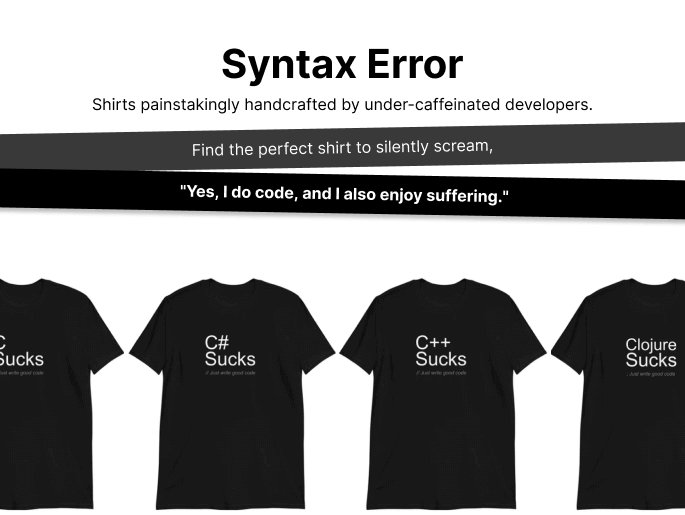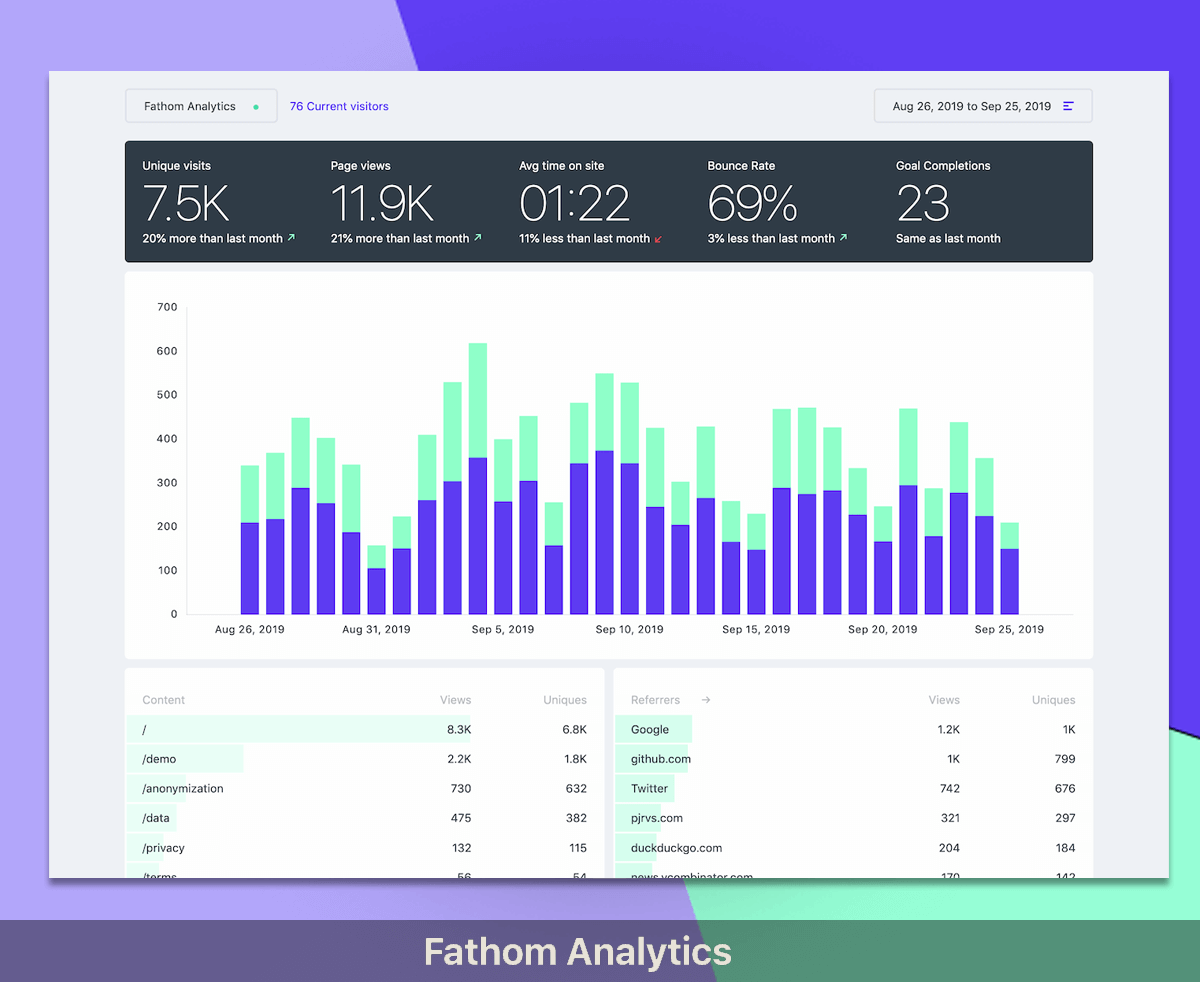Get the latest Laravel/PHP jobs, events and curated articles straight to your inbox, once a week
Source: dev.to
How to send application logs to Telegram in Laravel.
The Laravel framework has a robust logging system that allows you to send log messages to files, system logs, and various other destinations. Logging in Laravel is channel-based, and each channel defines a specific way of writing log messages. For example, the single channel writes log files to a single log file, while the daily channel writes log to file based on date e.g.
Go ahead and open this file in your editor to examine its contents: env('LOG_CHANNEL', 'stack'), 'deprecations' => [ 'trace' => false, ], 'channels' => [ 'stack' => [ 'driver' => 'stack', 'channels' => ['single'], 'ignore_exceptions' => false, ], 'single' => [ 'driver' => 'single', 'path' => storage_path('logs/laravel.log'), 'level' => env('LOG_LEVEL', 'debug'), ], 'daily' => [ 'driver' => 'daily', 'path' => storage_path('logs/laravel.log'), 'level' => env('LOG_LEVEL', 'debug'), 'days' => 14, ], 'slack' => [ 'driver' => 'slack', 'username' => 'Laravel Log', 'emoji' => ':boom:', 'level' => env('LOG_LEVEL', 'critical'), ], ... ]]; As we can see, there are several options in the channel array which can be used to customize the logging aspect of our project.
Open the logging.php file and add a new channel after the stack array and it to the channels like so: 'stack' => [ 'driver' => 'stack', 'channels' => ['single', 'telegram'], 'ignore_exceptions' => false, ], "telegram" => [ 'driver' => 'monolog', 'handler' => FilterHandler::class, 'level' => env('LOG_LEVEL', 'debug'), 'with' => [ 'handler' => new TelegramBotHandler($apiKey = env('TELEGRAM_API_KEY'), $channel = env('TELEGRAM_CHANNEL'))
Go ahead and open this file in your editor to examine its contents: env('LOG_CHANNEL', 'stack'), 'deprecations' => [ 'trace' => false, ], 'channels' => [ 'stack' => [ 'driver' => 'stack', 'channels' => ['single'], 'ignore_exceptions' => false, ], 'single' => [ 'driver' => 'single', 'path' => storage_path('logs/laravel.log'), 'level' => env('LOG_LEVEL', 'debug'), ], 'daily' => [ 'driver' => 'daily', 'path' => storage_path('logs/laravel.log'), 'level' => env('LOG_LEVEL', 'debug'), 'days' => 14, ], 'slack' => [ 'driver' => 'slack', 'username' => 'Laravel Log', 'emoji' => ':boom:', 'level' => env('LOG_LEVEL', 'critical'), ], ... ]]; As we can see, there are several options in the channel array which can be used to customize the logging aspect of our project.
Open the logging.php file and add a new channel after the stack array and it to the channels like so: 'stack' => [ 'driver' => 'stack', 'channels' => ['single', 'telegram'], 'ignore_exceptions' => false, ], "telegram" => [ 'driver' => 'monolog', 'handler' => FilterHandler::class, 'level' => env('LOG_LEVEL', 'debug'), 'with' => [ 'handler' => new TelegramBotHandler($apiKey = env('TELEGRAM_API_KEY'), $channel = env('TELEGRAM_CHANNEL'))
Newsletter

Glimpse
Glimpse streamlines Laravel development by seamlessly deploying GitHub pull requests to preview environments with the help of Laravel Forge.
Laravel/PHP Careers





